|
Great South Africans:
|
Nelson Mandela was Awarded the Nobel Prize for Peace in 1993 together with F.W. de Klerk in recognition of their
efforts in establishing democracy and racial harmony in South Africa. Dr Christiaan Barnard is renowned as the first
surgeon to perform a human heart transplant in 1967. A giant step for medicine performed in the Groote Schuur Hospital,
Cape Town, South Africa. Singer Miriam Makeba was born in Johannesburg in 1932. Her mother was a sangoma, a mystical
traditional healer of the Xhosa tribe. She was raised under the reign of apartheid and spent six months of her first
year of life in a jail with her mother. Yet Makeba has used lifeís struggles as an inspiration, to continue seeking
change. "Given a choice, I would have certainly selected to be what I am: one of the oppressed instead of one of the
oppressors," she said. Desmond Tutu, the head of the Anglican Church in South Africa, also was awarded the Nobel Prize
for Peace in 1984 in recognition of his work against apartheid. In 1986 he was made Archbishop of Cape Town and Head
of the Anglican Church in South Africa. Shaka Zulu (1787 - 1828) renowned South African Zulu King.
|
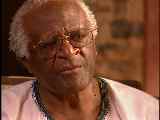
Archbishop Desmond Tuto
|
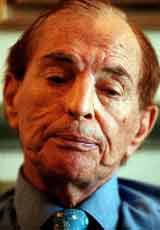
Dr Christiaan Barnard (78)
|
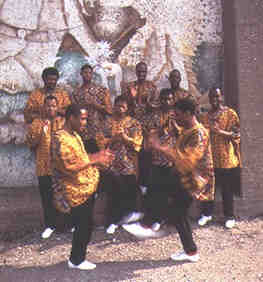
Ladysmith Black Mambazo
|
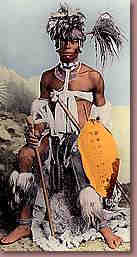
Shaka the Zulu
|
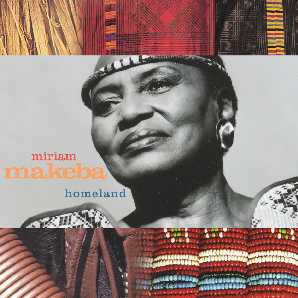 Son of Chief
Son of Chief
|
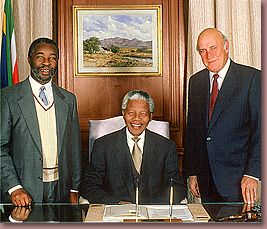
|
Steve Bantu Biko:
Steven Bantu Biko was a South African man born on December 18 1946,
and was brutally murdered in prison on September 12, 1977. Steven Biko was a martyr that will be remembered
for years to come. Fifteen Thousand Africanís showed up at his funeral along with representatives from thirteen
Western States to share in the mourning of such a noble leaderís death. Biko was a husband, a friend, and a leader.
This astounding leader had goals and ideas for the well being of the black community living under Apartheid that
touched many black peoplesí lives.
Lucky Dube:
Lucky Dube (born: Ermelo Dube) (pronounced: Doo bay) was born in the South African town of Ermelo. He began his
carrier as musician in 1979 as a Zulu mbaganga traditional singer. His move to reggae in 1984 was sparked by his
quest to express his anger against the oppression of then apartheid, which he describes as "the one and only way
of sending a message to the masses...I wanted to sing Reggae for a long time because I felt it in me, but outside
forces did not want to hear it and they kept it from happening...I finally just could not keep silent with that
message and made the decision that Reggae would be my life as a musician." Lucky Dubeís lyrics have brought an
original voice to reggae by chronicling the political and spiritual struggles of his South African brethren.
|



